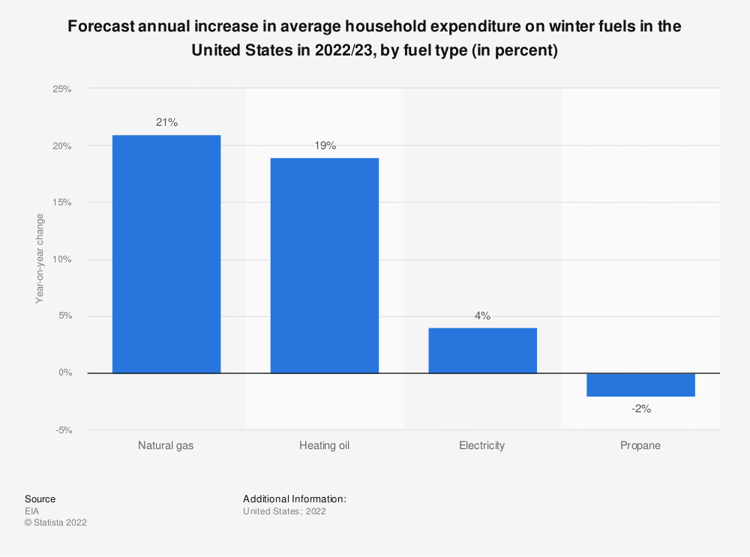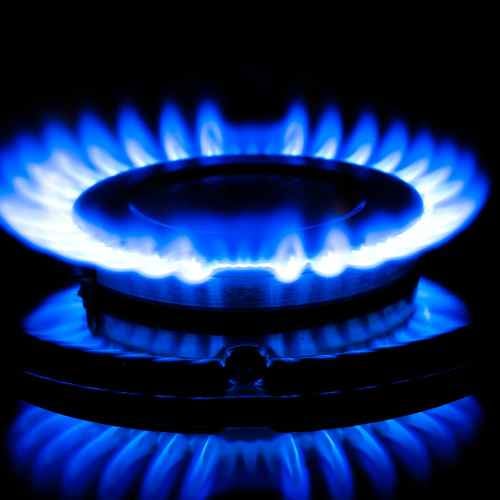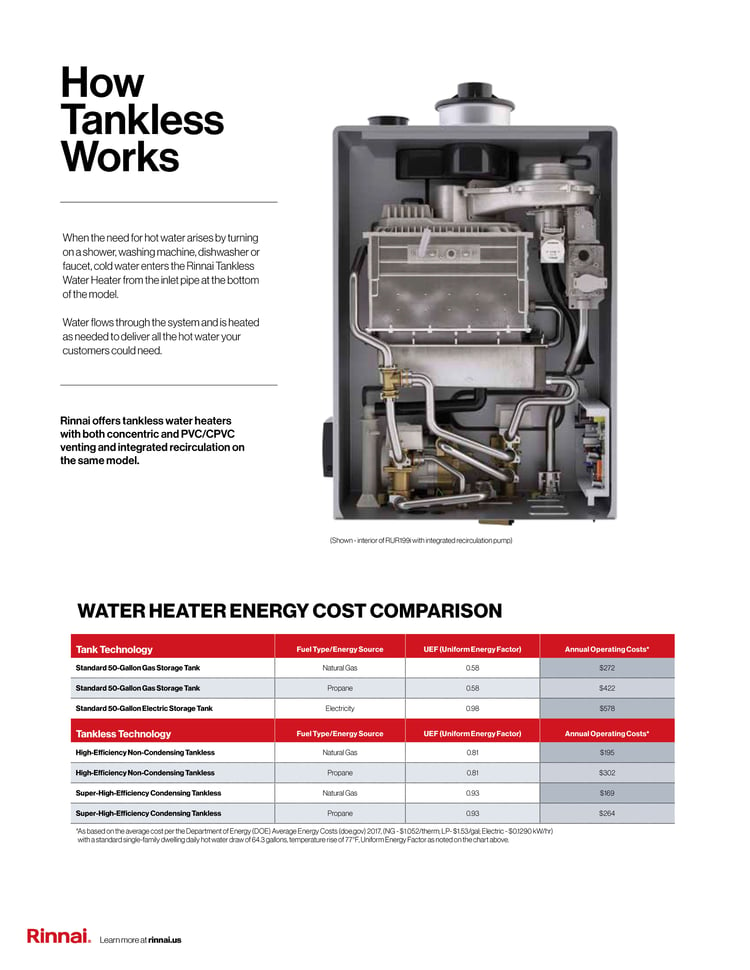As the cold weather season approaches and much talk about heating costs, homeowners need to investigate all the options for heating their homes. Among the most popular forms of home heating is propane. However, like all fuel and energy sources, this home heating option has distinct advantages and disadvantages.
Propane Is A Clean Burning Fuel
Among the most notable advantages of using propane to heat a home is that it is a clean-burning fuel. This fuel produces fewer emissions than other heating sources, such as wood, oil, or coal, making it an excellent choice for those concerned about their family's health and the environment.
Since propane is a clean burning fuel, it does not produce soot or ash, which means that the air in your home stays cleaner. Good air quality is vital for those with allergies, asthma, or other respiratory issues since airborne particles can trigger symptoms and discomfort.
Propane Heating Can Be Cost-Effective
Using propane for home heating is generally more cost-effective than other forms of fuel, especially if you live in an area where access to additional options is limited or priced highly.
Propane is liquid and can be easily stored and used as needed. Homeowners can choose propane gas tanks in sizes of 250 gallons up to 1500 gallons, so they can buy in bulk to supply their heating system for an entire season.

Regardless of whether using propane gas as a primary or secondary heating source, homeowners get peace of mind knowing they won't go cold when the temperature dip and the wind howls.
From an aesthetic standpoint, often, these tanks get buried in the ground, making them invisible to passersby, so they don't create an eyesore or become the target for theft.
Energy Efficiency - One of the benefits of propane heating
Propane is also more energy-efficient than other fuels, so it can help lower your energy bills. It is around 40 percent more efficient than electric heaters, which means that when you use propane to heat your home, you will get more heat for your money.
Back Up Heating In Power Outage
Sometimes families worry that they will be without heat during severe weather conditions. Portable propane heaters can come in handy during power outages and help keep your family warm. Unlike whole home heaters, these smaller heaters are ready when needed, but always follow best-use practices to keep your family safe.
Disadvantages Of Propane Heating
Though there are numerous advantages to using propane for home heating, there are also some drawbacks. One of the most significant disadvantages is that residential propane gets sold in bulk, so refilling a tank can get expensive. However, some suppliers offer customers payment plan options that can help to spread out the cost of refills.
Another disadvantage is that propane must be cautiously handled and may not be allowed in certain areas. Therefore, homeowners who want to use residential propane must check local regulations to ensure they are compliant and can safely store tanks on their property.
Environmental Concerns
Some might wonder about the long-term environmental concerns of having large propane tanks buried in their backyard. Though propane is a clean-burning fuel, it still releases some emissions, which can contribute to air pollution in your area.
Though these emissions are much lower than other forms of home heating, such as oil or wood, if eco-friendliness ranks highly on your list of priorities and is something you are not willing to negotiate, evaluate the pros and cons that propane heating offers before deciding.
Is Residential Propane Heating Right For Your Home?
Now that we've discussed some advantages of residential propane heating, let's look at some potential drawbacks.
Safety
Propane is highly combustible, so it must be handled and stored carefully. A leak in your home's propane system could cause an explosion or fire if it isn't detected quickly and dealt with appropriately.
Further, choosing the right size heater for your heating space can take time and effort. If your unit is too small, it will struggle to keep your home warm during cold weather, while a heater that is too large may cycle on and off frequently, leading to less efficiency and higher bills.
Working with a professional propane heating installation company like Geiler will ensure you get the right size heater for your home and that all components work together correctly and safely.
Availability
In some areas, residential propane heating may have limited availability due to a lack of local suppliers. Check with local suppliers to ensure they have enough propane gas supply to meet customers' demands.
If you purchase a propane tank and store it on your property, you will want to confirm that refill trucks have the necessary clearance to get to your tank safely. Ideally, the path to the tank should be free of obstacles such as trees, limbs, and other barriers to access the tank.
In addition, ensuring that you have all necessary permits or clearances to store the propane tank may be required.

Flexibility
In addition to residential heating, modifying your propane system can give you access to many other uses, such as heating hot water, cooking, and powering appliances. So whether you want to offset some of the costs of heating your home or have access to a reliable backup solution during power outages, propane has you covered.
For rural homeowners with limited access to natural gas lines, propane may be a great option for on-site heating. Propane heating systems are highly versatile and reliable, whether used to heat homes or outbuildings such as garages or workshops.
Conclusion
Though there are some drawbacks to using residential propane, many homeowners find that the advantages far outweigh any negatives. With its affordability, safety features, and flexibility, propane is an ideal choice for anyone looking for a reliable home heating source. Before you decide if it's right for you, consider the advantages and disadvantages of residential propane heating and make an informed decision.
Once you decide it's suitable for your home, contact a professional service provider to learn more about installation and usage guidelines. With the proper setup, you can enjoy many years of cost-savings from using residential propane heating to keep your living space cozy and comfortable during the chillier times of the year.



